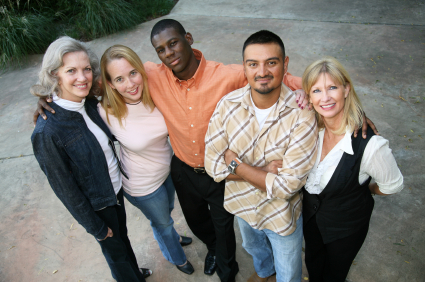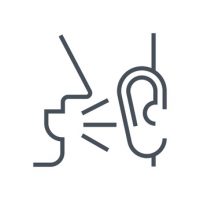Successful projects and teams require meetings to accomplish goals and objectives of the organization. Busy leaders, however, are usually somewhat anti-meetings oriented because of the interruption they appear to be in getting actual work done. I have found, however, that much of the frustration is in the lack of proper preparation prior to the meeting. When done well, the time spent in meetings can actually make projects better and strengthen the work of the organization. A large part of that is found in the preparation prior to the meeting.
Here are 7 ways to prepare for more effective meetings:
Ask the big question – The big question to ask before any meeting is scheduled is, “Do we need to meet?” For me personally, most meetings feel as if they are an interruption, even though I realize the importance of them. If the issue can be handled, without meeting, most will not argue. Unnecessary meetings cause frustration and slow progress. If people agree a meeting is necessary, they are more likely to come prepared to accomplish something.
Determine a win – The meeting will be more successful if before the meeting begins the purpose is clear. Ask the question, “What do we need to accomplish in the meeting for it to be successful?” Working towards a defined win will help keep the meeting headed in the right direction.
Invite the right people – Not every meeting needs to involve every person on the team. Decide who needs to be at the table and invite the appropriate people. Those without a defined purpose will tend to drag the meeting away from its purpose and leaves them frustrated. As a leader, I usually ask people on my team, “Do I need to be there?” when I learned of a meeting, before I place it on my calendar.
Decide on a time limit and frequency – I get very bored after an hour. Some of our meetings, such as our bi-weekly staff meetings take longer, but as a rule, I like shorter rather than longer and less frequent rather than more frequent. If you are attracting leaders to your organization, they will want meetings to be kept to a minimum as much as possible.
Craft an agenda – The meeting should be purposeful, but not too tightly controlled by time. Be sure to allow adequate time for brainstorming, questions and the necessary social interactions, which happen with healthy teams. For our team the social part starts the creative process and gets people to buy into the meeting.
Give adequate notice – This will not always be possible, but people who like to be prepared, have Introverted tendencies, or are highly organized will give better participation, if they are given enough time to prepare for the meeting.
Plan to start and end on time – People will be less hesitant about attending your meetings if they know their time will not be abused.
What tips do you have for preparing for more effective meetings?








 Logging you in...
Logging you in...
 Loading IntenseDebate Comments...
Loading IntenseDebate Comments...
Twitter: johnmarkharris
says:
Okay, I'm gonna blog this, you've got me thinking…
First and foremost "is this meeting necessary" and tell them why
Make the meeting a BIG DEAL to be there, and there ON TIME (if you call the meeting, be 10 min. early)
Set the mood of the environment, Music? Snacks? Location? Prizes?
Bring value to the meeting, what do they get out of it (even give something away)
Start on-time
Have a pre-established "end time" (end 2 min. early)
Never meet for more than an hour, or subdivide the meeting topically, personnel, have breaks
Meet to make decisions, don't meet to simply discriminate information
Define the "win" – "we need to meet to accomplish _____"
Always send an agenda (do your best 24 hours in advance of the meeting)
Do your best to call a meeting at least one week in advance
Don't ignore the results of the meeting
Don't be redundant (don't have multiple meetings for the same info.)
Invite the right people – if the "DM" can't make it, forget it.
Invite only the right people – have as small of a meeting as possible
Respect your the attendees schedule – plan the best time for the meeting
This is great stuff. Blog it.
One thing that I find works great in my organization, is a daily huddle. This 5 min daily "huddle" gets everyone on the same page and allows others to set meetings "needed" with just a part of the staff. Very effective.
That's good. I like it.